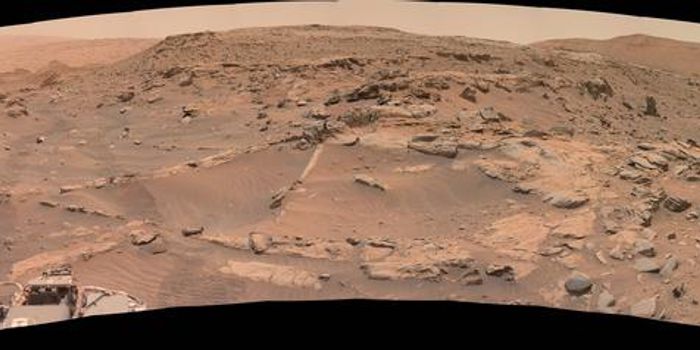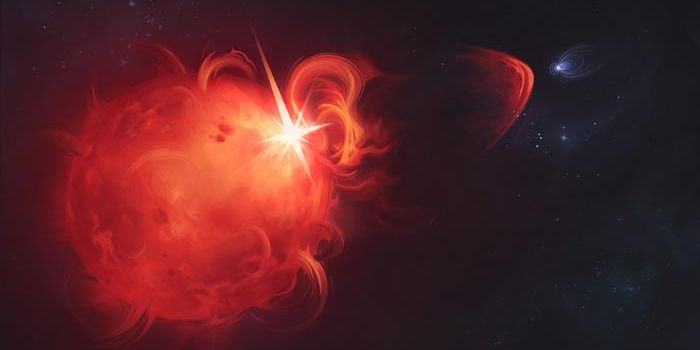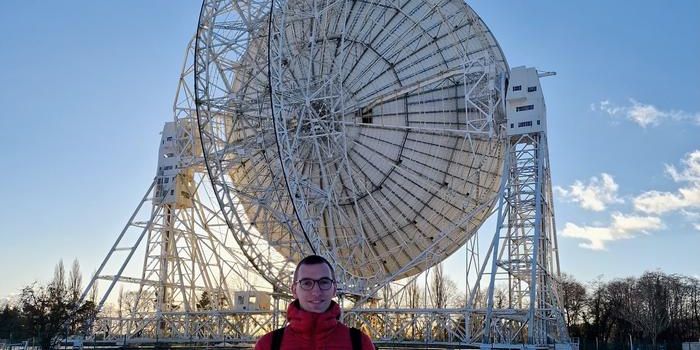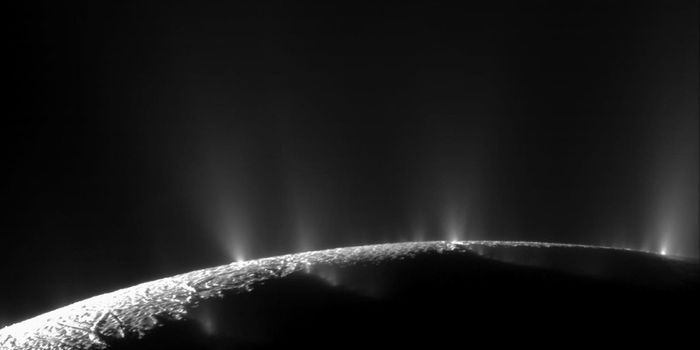Just How Much of a Problem is All the Space Junk Orbiting Earth Anyway?
Perhaps one of the most alarming hurdles that impacts the future of spaceflight today is the sheer amount of space junk orbiting our planet.
Space junk is an umbrella term that encompasses decommissioned satellites and the debris that result when two larger objects smash into one another to create smaller objects. It’s estimated that there are more than 29,000 bits of space junk measuring more than 10 centimeters across, 700,000 bits measuring more than 1 centimeter across, and more than 200,000,000 bits measuring more than 1 millimeter across.
To make matters worse, these bits of space junk are moving at break-neck speeds relative to one another – speeds that make even a bullet leaving the barrel of a gun look like a turtle in the race. With that in mind, one small collision tends to result in many more pieces of space junk.
It’s these collisions that pose a risk to the future of spaceflight, as they can inflict significant damage to rockets and space vehicles alike. Not too long ago, a small piece of space junk put a notably-sized chip in the International Space Station’s Cupola window, which is purposefully multi-paned for astronaut safety.
Experimental clean-up missions are being tested in low-Earth orbit at the time of this writing, including the use of harpoons and nets to pluck one object at a time out of Earth’s orbit and drag it back down through the atmosphere to burn up. Sadly, cleaning up space junk is not a particularly profitable endeavor, so not many people are doing it.
It should be interesting to see how space agencies handle the space junk problem, especially since it doesn’t appear to be clearing up any time soon.








